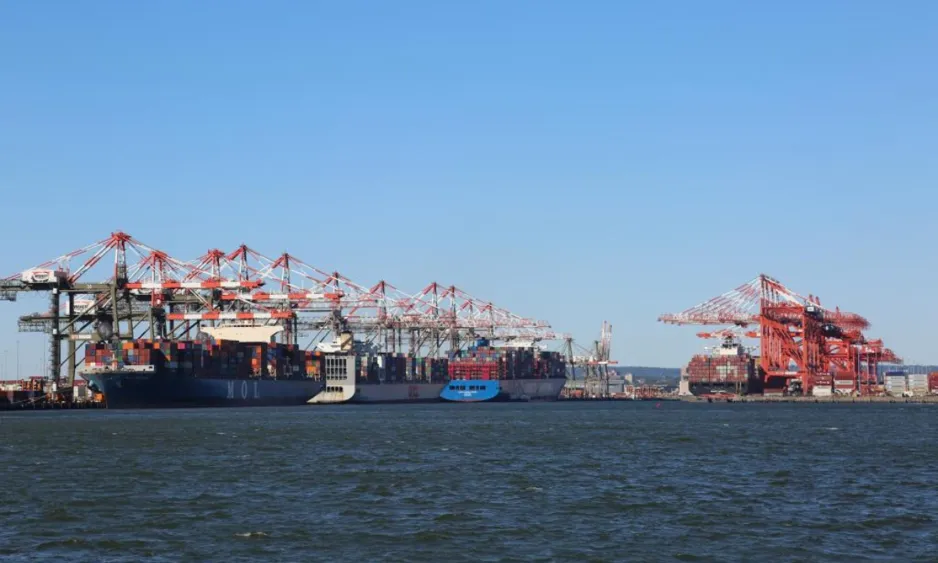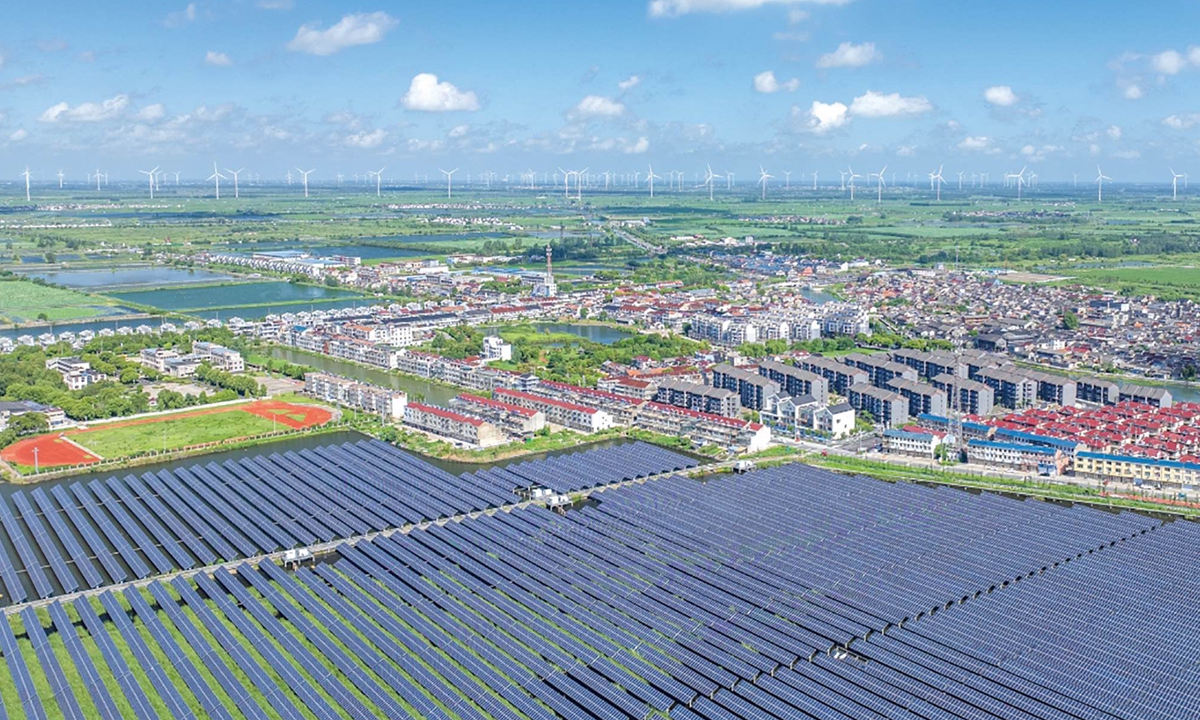US urged to prioritize economic facts over politics in China trade talks

In a recent statement, US scholar Carl F. Fey has urged that trade negotiations between the United States and China should emphasize economic realities rather than political ideologies. His comments come amidst ongoing discussions regarding trade relations between the two largest economies in the world.
Fey, who serves as a professor of strategy at BI Norwegian Business School, expressed his views during an exclusive interview with the Global Times. He discussed the implications of the ongoing trade talks in Sweden, which have garnered significant international attention.
During the interview, Fey highlighted that the current high tariffs imposed on goods are not only harmful to the economies of the US and China but are also detrimental to global economic stability. He explained that these tariffs lead to increased consumer prices and hinder economic growth while disrupting intricate global supply chains.
He called for both nations to prioritize their comparative advantages and strive for mutual benefits through free trade. Fey emphasized the need for a movement towards more fact-based relations between the two countries that transcend ideological divides, benefiting both nations as well as the global community.
Fey noted, however, that the unpredictable nature of US policy introduces a level of uncertainty that can be more disruptive to businesses than the tariffs themselves. This unpredictability can lead companies to postpone investments and critical business decisions, complicating economic planning.
In sharp contrast, Fey praised China's stable and predictable economic policies, characterizing them as a stabilizing force in the global economy. He acknowledged this predictability as a source of China’s strength in trade negotiations.
The scholar also remarked on China's composed approach during its trade discussions with the US, attributing this demeanor to China's status as a key economic player and the US's reliance on Chinese goods and markets.
Fey criticized the US's fixation on trade imbalances, arguing that the complexity of the issue should not serve as a hasty justification for imposing punitive tariffs. He pointed out that while the focus has largely been on goods, it is crucial to include the US's substantial trade surplus in services with China into the equation.
Data from the US Department of Commerce indicates that the annual service trade surplus the US holds with China has increased significantly, expanding more than eleven-fold from 2001 to 2023, reaching $26.57 billion. This service surplus is a vital aspect of overall trade relations that should not be overlooked.
Fey concluded by expressing hope that discussions would progress based on economic facts rather than political ideologies, pointing out that China has taken meaningful steps to enhance its market openness and promote balanced trade.
In light of rising protectionism, Fey identified the potential for increased cooperation between China and European countries like Norway, which is renowned for its innovations in green technology. This collaboration could leverage Norway's expertise in sustainable practices alongside China's leadership in industries such as shipping and electric vehicles.
Read These Next

Brent Crude Oil Futures Rise to 72.51 Per Barrel Up 3.53%
Brent crude oil futures settle at $72.51, up $2.47 (3.53%), due to rising demand and supply constraints amid economic recovery.

OpenAI Launches 'Study Mode' for AI-Integrated Learning
OpenAI's recent launch of its 'study mode' aims to enhance learning for students by promoting critical thinking and problem-solving through structured interactions rather than straightforward answers.

Impactful Initiative Transforms Community Engagement Strategies
A new fishery-photovoltaic project in Taizhou, Jiangsu, integrates fish farming with solar energy, boosting productivity and sustainability.
